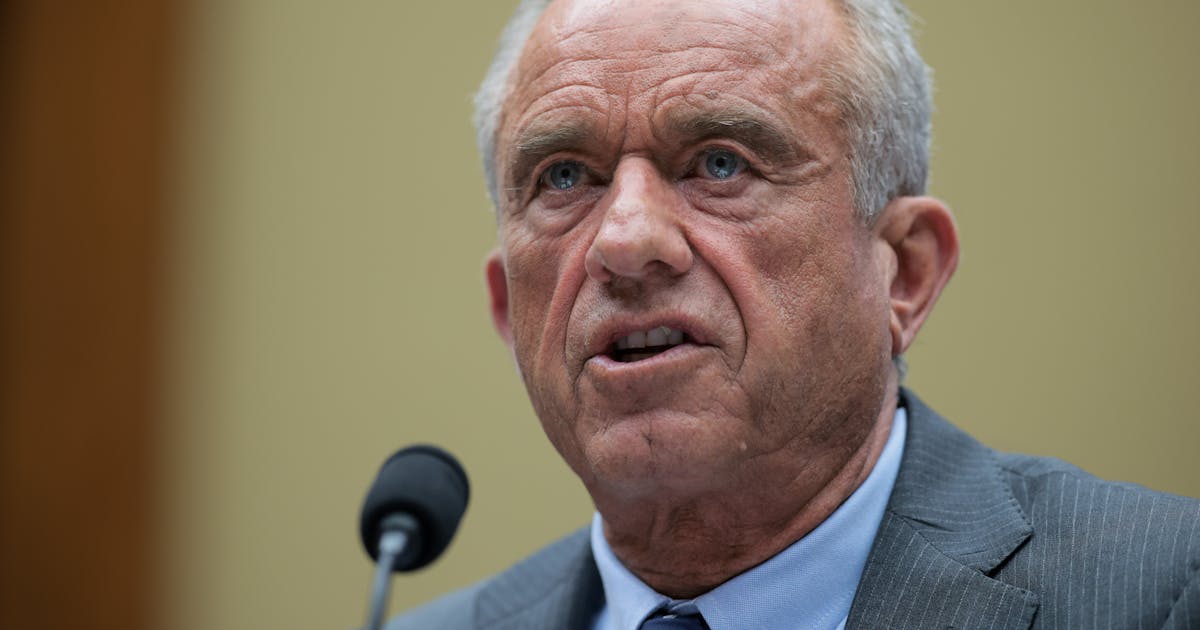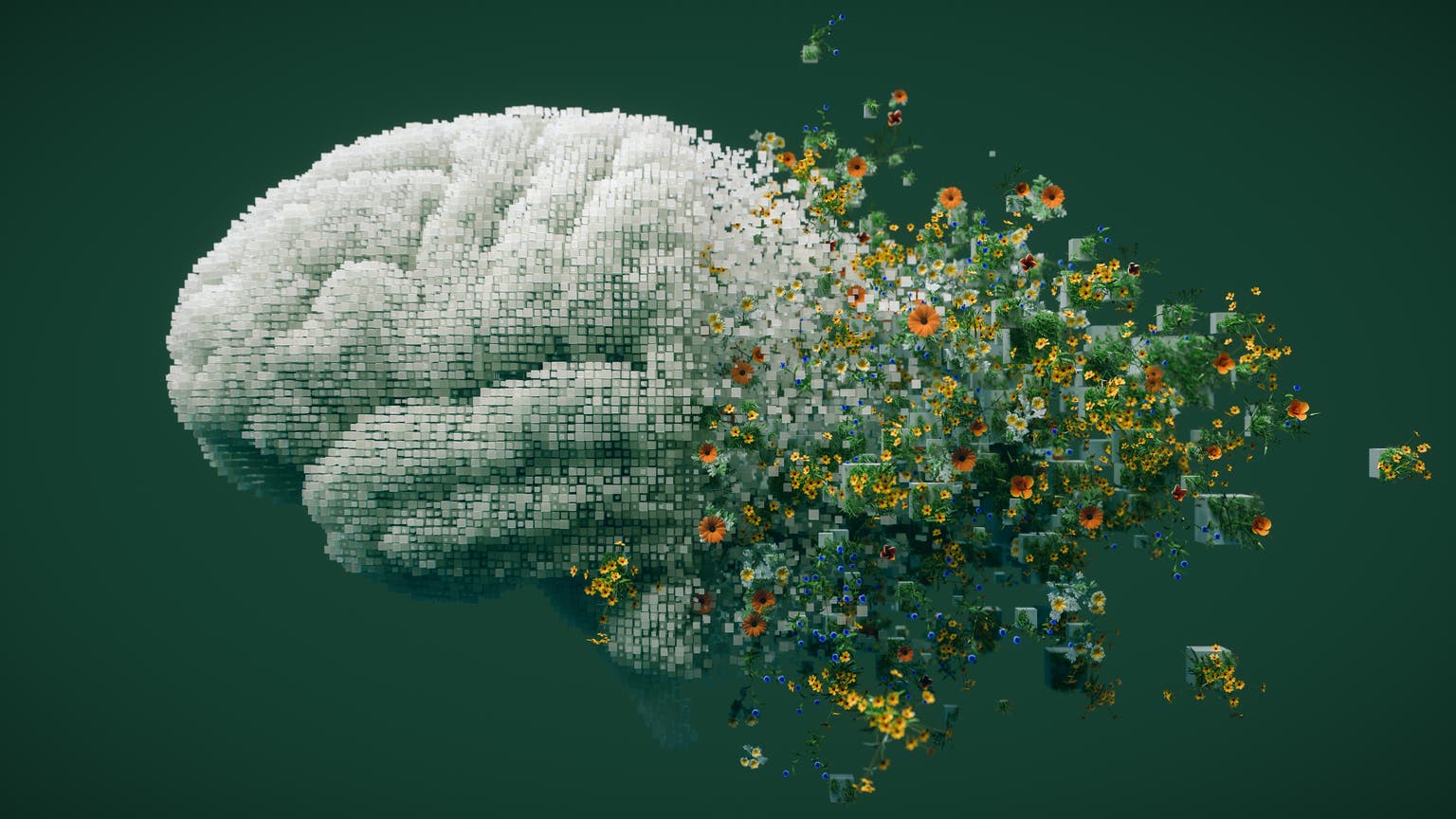NC Food Banks Brace for Impact: Spending Bill Cuts Could Worsen Hunger Crisis

A Looming Crisis: SNAP Cuts and Their Ripple Effect
The proposed spending bill includes significant reductions to SNAP benefits, a program that provides crucial food assistance to millions of Americans, including a substantial number in North Carolina. For many families, SNAP is the difference between a nutritious meal and going hungry. These cuts would disproportionately affect low-income households, seniors, children, and individuals with disabilities, pushing them further into poverty and food insecurity.
“It’s ugly,” a sentiment echoed by numerous organizations across the state. The consequences extend beyond individual households, impacting local economies and straining the resources of already overburdened food banks and charities.
Food Banks on the Front Lines: Preparing for Increased Demand
North Carolina’s food banks are bracing for a significant increase in demand as SNAP benefits are reduced. These organizations, already working tirelessly to meet the needs of their communities, are facing the daunting prospect of serving even more people with limited resources.
“We’re deeply concerned about the impact this will have on our ability to serve those in need,” says a spokesperson for the Second Harvest Food Bank of Central and Eastern North Carolina. “SNAP benefits are a vital lifeline for many of our clients, and any reduction will have a ripple effect throughout our network.”
Food banks are exploring various strategies to mitigate the impact, including expanding partnerships with local farmers, increasing fundraising efforts, and streamlining distribution processes. However, they acknowledge that these measures may not be enough to fully compensate for the loss of SNAP benefits.
Senator Tillis's Vote and the Political Landscape
Senator Thom Tillis’s vote against the spending bill, while intended to address fiscal concerns, has drawn criticism from those who argue that it will harm vulnerable populations. His colleagues, Senators Susan Collins and Rand Paul, joined him in opposing the measure. The debate highlights the ongoing political divisions surrounding social safety net programs and the challenge of balancing budget constraints with the needs of those struggling to make ends meet.
Supporters of the bill argue that it is necessary to reduce government spending and promote fiscal responsibility. However, critics contend that the cuts to SNAP are short-sighted and will ultimately exacerbate poverty and food insecurity.
Looking Ahead: What Can Be Done?
The situation in North Carolina is a stark reminder of the importance of addressing food insecurity and ensuring that everyone has access to nutritious food. Advocates are urging lawmakers to reconsider the spending cuts and explore alternative solutions that protect vulnerable populations.
Here are some actions individuals and organizations can take:
- Support local food banks: Donate food, money, or volunteer your time.
- Contact your elected officials: Express your concerns about the spending cuts and urge them to support policies that address food insecurity.
- Raise awareness: Educate your friends, family, and community about the issue of hunger and the importance of SNAP.






